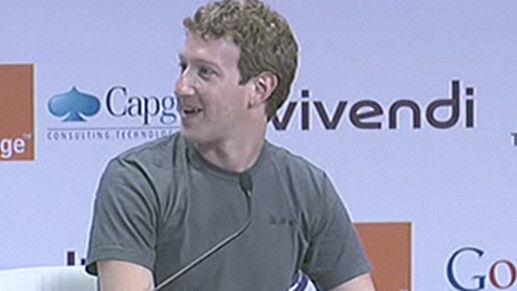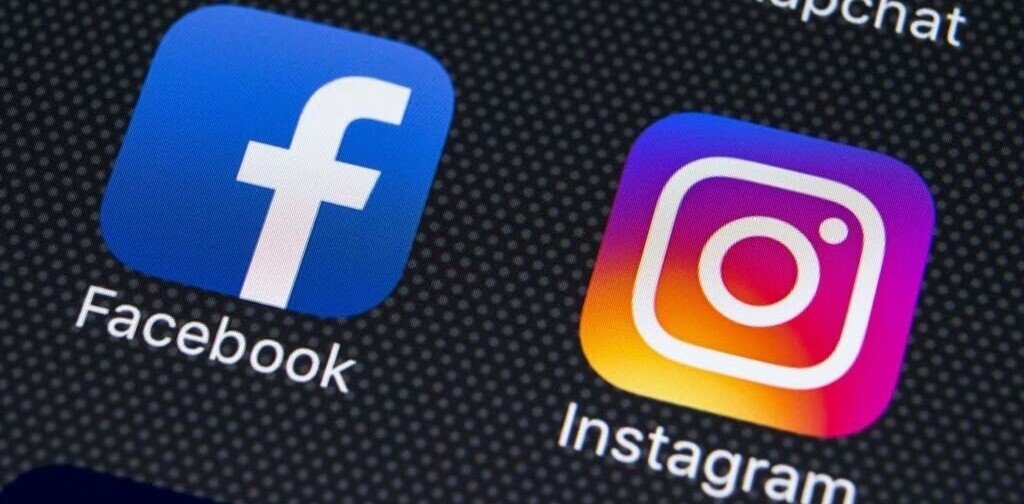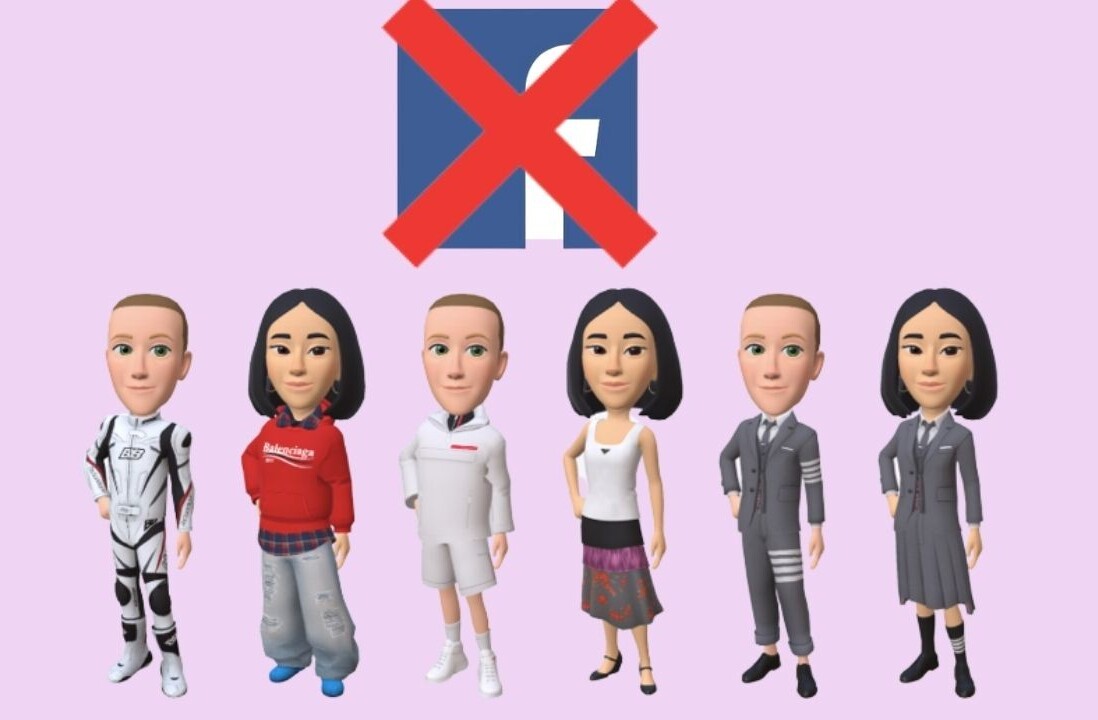
Facebook founder Mark Zuckerberg has just finished a mammoth 70 minute interview at the eG8 Forum in Paris.
Speaking to Maurice Lévy, Chairman and CEO of Publicis Group, Zuckerberg also answered questions submitted by attendees and the public via (of course) Facebook. Hosted by French president Nicolas Sarkozy, the eG8 summit has been thrashing out the political digital agenda of the day ahead of the G8 summit of world leaders tomorrow.
Here’s a summary of what Zuckerberg said:
On how much information is enough to share: Zuckerberg says that people should choose their own boundaries. Some people are naturally more public. Ten or 20 years ago, people would have been shocked at the idea of sharing their lives publicly. Now new tools provide benefit on that. For example, location – knowing who is around you is valuable but there’s a trade-off against your privacy. Zuckerberg believes that people will find their own balance.
Zuckerberg thinks that people do a good job of choosing which companies to entrust with their data. He stated that the key reason that Facebook usurped Myspace was its emphasis on real identities, although he noted that there was a role for anonymity online too – Facebook just isn’t the company to provide it.
Zuckerberg sees users sharing content and information online, and the development of new tools to allow them to do that will be a key trend for the next few years.
On media going social: Zuckerberg is clearly excited by the potential for media to become more social. He noted that only four years after Facebook launched its developer platform, social gaming leader Zynga is bigger than previous top gaming firm EA. Now Facebook wants media to become more social too. The success of social gaming shows that people do more of something if they can do it with friends. Interestingly, he noted that movie ads – and media in general – do well on Facebook. Zuckerberg believes that letting everyone share their opinions can help the best products rise to the top, improving the world for everyone as a result.
Zuckerberg identified e-commerce as another area that could benefit from Facebook platform in future. Facebook doesn’t want to go into these industries itself, simply providing the best platform for others to work with to make them social.
On ‘social design’: Zuckerberg talked about the principle of ‘social design’ used at Facebook. For example, friend requests have evolved from ‘Yes’ and ‘No’ options to ‘Accept’ or ‘Not Now’. While essentially the same, Zuckerberg says the psychological difference means that people are happier to reject friend requests now than in the days of the ‘No’ option. This social design principle will be baked into a wide range of products across a wide range of industries in the future – not just from Facebook but many other companies.
On ‘Facebook Revolutions’: Zuckerberg downplayed Facebook’s role in the revolutions and uprisings in the middle east and North Africa, saying that it would be arrogant for one technology company to take credit for what has occurred.
Facebook was “neither necessary nor sufficient” to trigger these movements, he said, and if it weren’t Facebook it would be someone else. The ability to share their opinions online isn’t a Facebook thing, it’s an Internet thing. It’s wider than just revolutions too, he believes, giving the example of leaders having pages on Facebook, helping provide the public with greater access to those in power.
On children under 13 using Facebook: Zuckerberg clarified his thoughts on young people under 13 using Facebook, something which is currently against the rules, after it was recently reported that he had said “Under 13s should be on Facebook”. He said that the legislation around minors using Facebook was too difficult to deal with right now. He believes this legislation needs to be looked at in the future, but the company has no plans to open up the site to under 13s, or to address the issue itself, at the moment.
On mobile: While he stated yet again that Facebook didn’t have plans to go into dedicated devices such as ‘Facebook phones’, Zuckerberg said that over the next 5 years there are going to be way more people accessing Facebook through phones than on traditional computers. He said that the company would have “cool” announcements in the mobile space soon.
Get the TNW newsletter
Get the most important tech news in your inbox each week.




